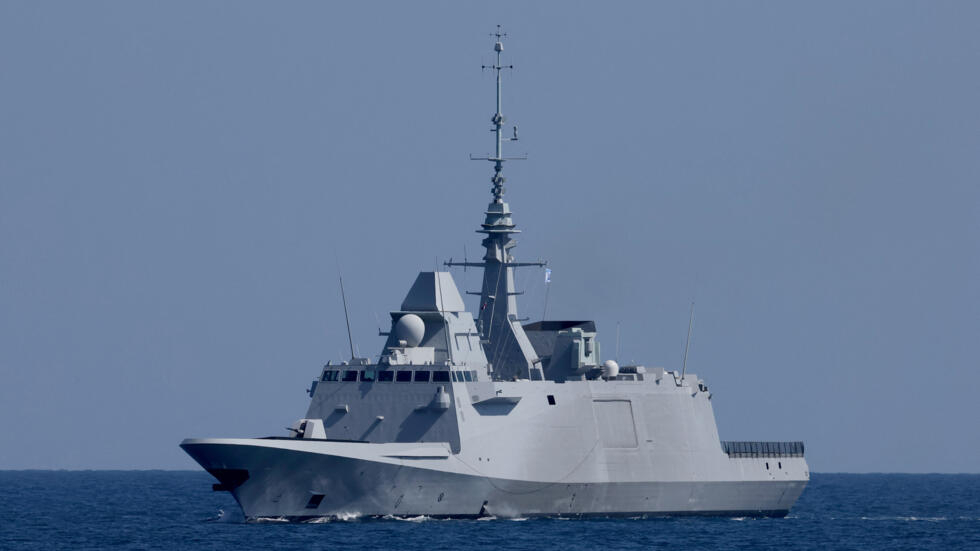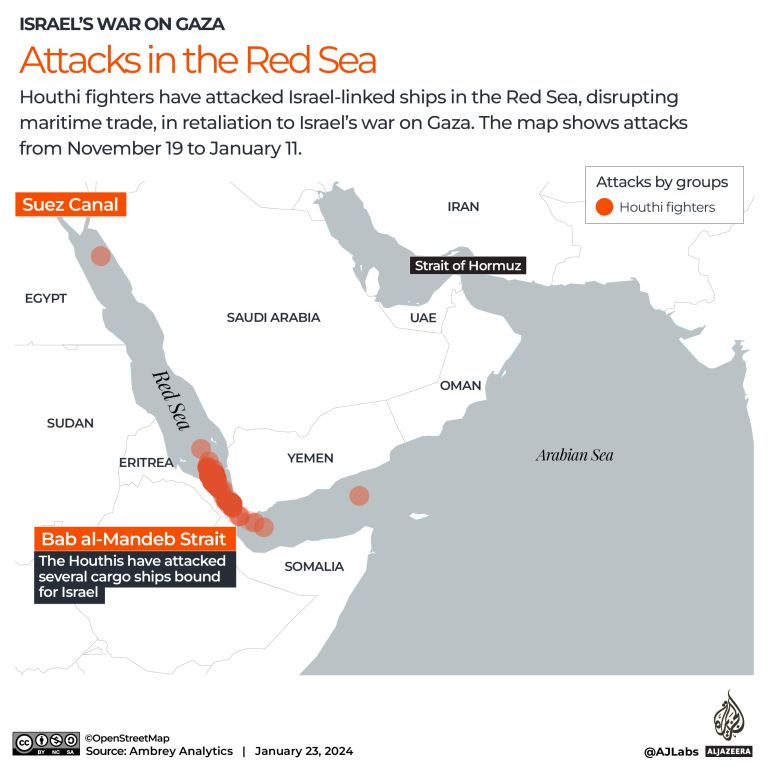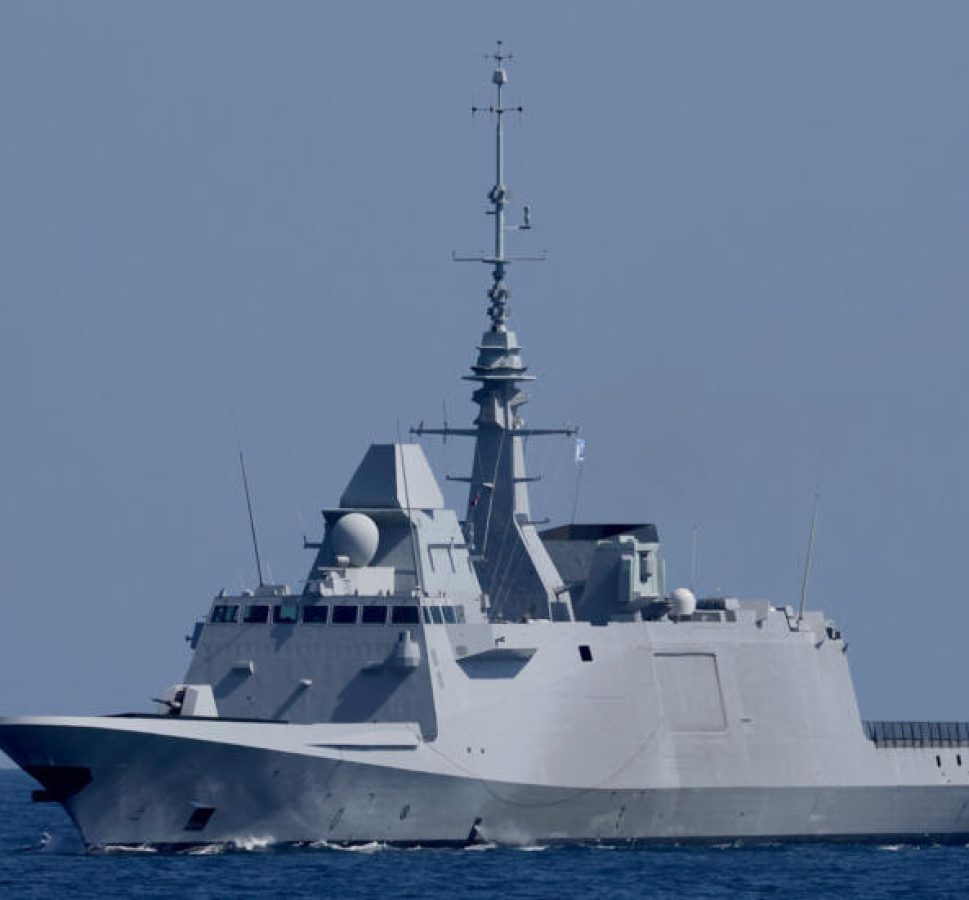
The operation will send European warships and early warning systems to the Red Sea, Gulf of Aden and surrounding waters.
The European Union has launched a naval mission to protect cargo ships in the Red Sea from attacks from Yemen’s Houthi rebels.
European Commission President Ursula von der Leyen announced the decision to deploy Naval Force Operation Aspides on Monday on X, saying, “Europe will ensure freedom of navigation in the Red Sea, working alongside our international partners.”
“Beyond crisis response, it’s a step towards a stronger European presence at sea to protect our European interests.”
The naval mission will send European warships and airborne early warning systems to the Red Sea, Gulf of Aden and surrounding waters.
Italian Foreign Affairs Minister Antonio Tajani confirmed the launch during a meeting of foreign ministers in Brussels, Belgium, calling it “an important step towards common European defence”.
So far, France, Germany, Italy and Belgium have said they plan to contribute ships.
Aspides vessels, whose operational command centre will be in the Greek city of Larissa, will have orders to fire on the Houthis only if they attack first and will not be authorised to shoot pre-emptively, an EU official told the German Press Agency dpa.

Since November, the Houthis have been attacking commercial and military shipping in the busy Red Sea, across which 12 percent of global trade travels. The group initially said it was targeting Israel-linked ships in solidarity with Palestinians in the Gaza Strip, which has been under a Israeli assault since October.
The group later said it was expanding its targets to include vessels linked to the United States and the United Kingdom after Washington and London carried out air strikes on Houthi sites in Yemen in response to the attacks on shipping.
On Friday, an EU official said the country most harmed by the Houthi attacks was not Israel but Egypt, where declining traffic has caused a 40 percent loss of revenue for the Suez Canal Authority.
EU Economy Commissioner Paolo Gentilloni told reporters on Thursday: “As shipping through the Red Sea has been rerouted, delivery times for shipments between Asia and the EU have increased by 10 to 15 days, and the costs of these shipments have gone up by around 400 percent.”
Earlier on Monday, the Houthis claimed an attack on the Rubymar cargo ship, a Belize-flagged, British-registered and Lebanese-operated cargo ship, in the Red Sea and said it was at risk of sinking.
Houthi military spokesperson Yahya Sarea said the crew were safe despite the attack.
“The ship was seriously hit which caused it to stop completely. As a result of the extensive damage the ship suffered, it is now at risk of sinking in the Gulf of Aden,” Sarea said.
He said the group had also shot down a US drone in the port city of Hodeidah.
Separately on Monday, The British maritime security firm Ambrey said in a statement that a Greece-flagged, US-owned cargo ship also came under attack twice in two hours off southern Yemen.
Ambrey said the vessel reported a “missile attack” in the Gulf of Aden before another projectile hit the water close to the ship. The ship and its crew, including five Greek members, were safe and proceeding to the next port of call.






